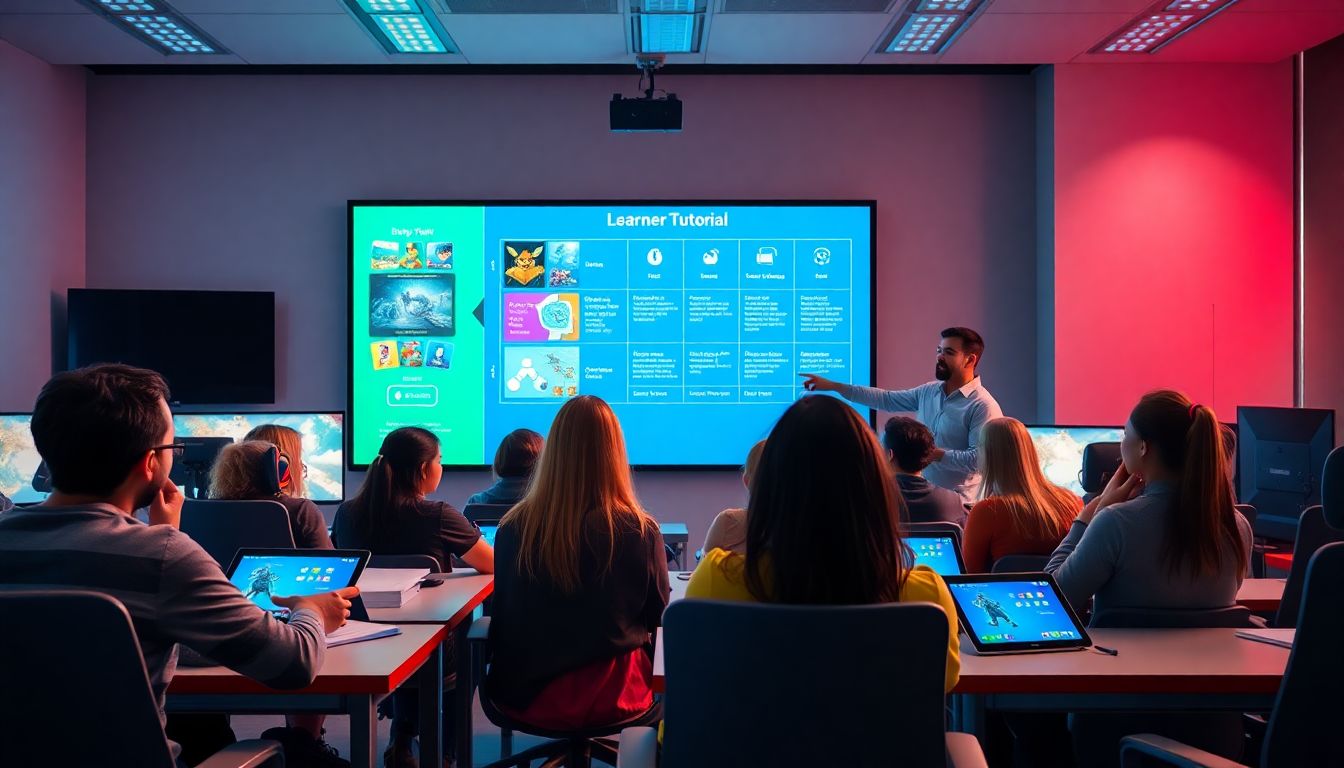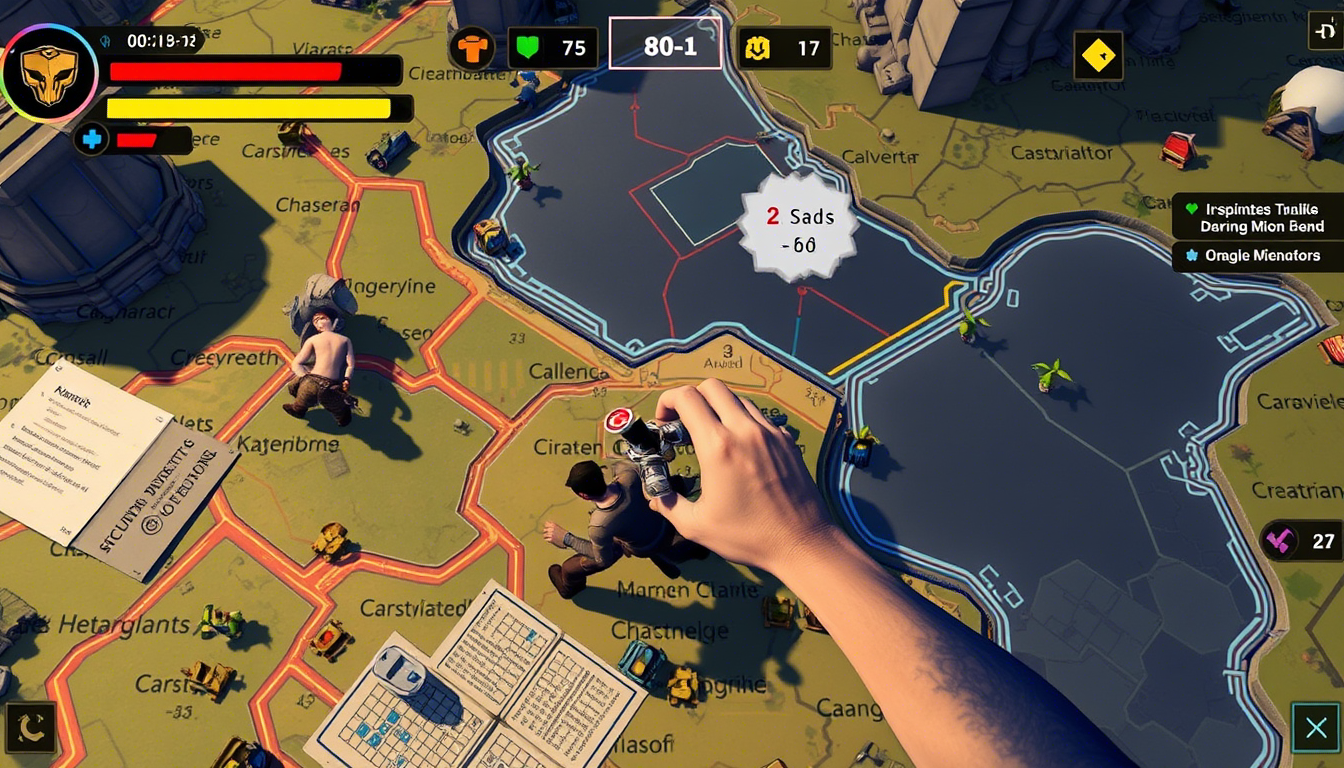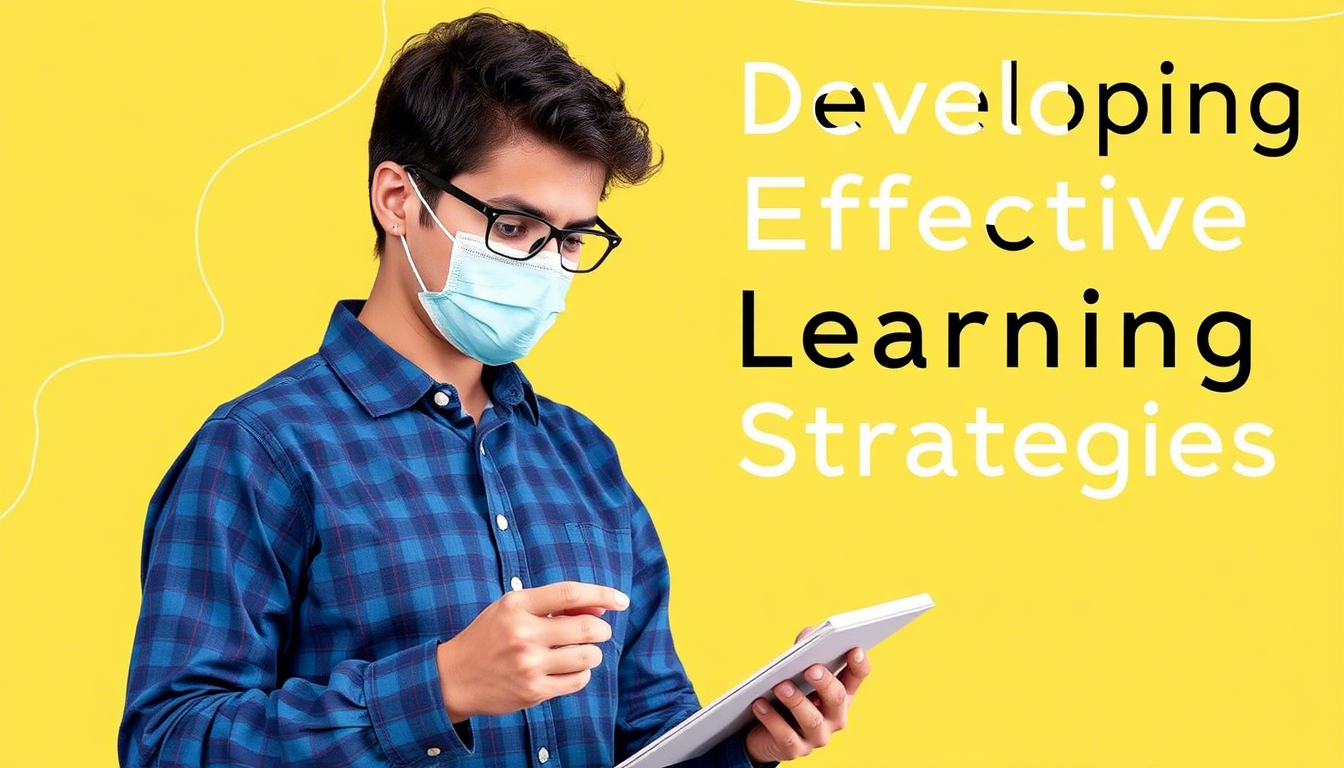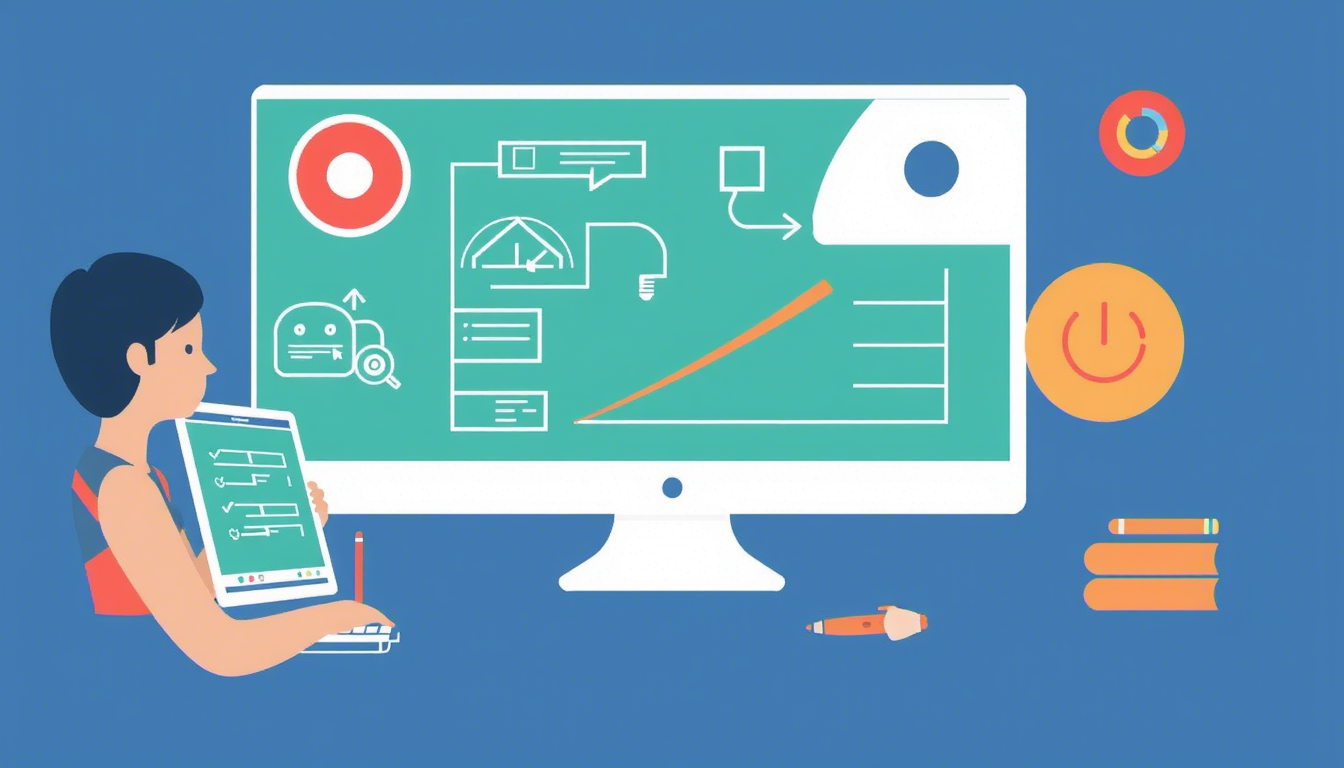How to Learn Games Fast – Step-by-Step Tutorials for Beginners

How to Learn Games Fast – Step-by-Step Tutorials for Beginners
Introduction
Gaming is more popular than ever. Millions spend hours exploring new worlds, battling rivals, and sharpening skills. But let’s face it—learning new games can be overwhelming. If you want to get better fast, you need a simple plan. Knowing how to learn games quickly helps you enjoy the experience more and beat your friends. This guide covers easy steps to speed up your gaming skills. You’ll learn how to understand mechanics, develop strategies, and practice smartly. Get ready to level up faster than ever before.
Understanding the Basics of Game Mechanics
What Are Game Mechanics?
Game mechanics are the rules and systems that make a game work. They tell you how characters move, attack, or defend. For example, in a shooter like Call of Duty, mechanics include aiming, shooting, and reloading. In a MOBA like League of Legends, mechanics involve abilities, cooldowns, and positioning. Knowing these rules helps you understand what to do in different situations. It’s like learning the math behind a game to solve problems faster.
Importance of Mastering Basic Controls
Controls are your main tools in any game. They determine how fast and accurate you are. If your mouse sensitivity is off, hitting targets becomes harder. If you don’t know shortcuts, you slow down gameplay. Practice makes controls second nature. Spend time adjusting your settings to fit your style, then practice until controls become instinctive. This way, you can react quickly without thinking about each button press.
Analyzing Game Tutorials and Manuals
Most games offer tutorials or manuals to teach controls and mechanics. Use these resources fully. They give a solid foundation before jumping into live play. Watching official videos or reading guides helps clarify tricky parts. Many players skip tutorials, but taking the time to learn is worth it. It saves time later and improves your understanding of how the game works.
Developing Effective Learning Strategies
Setting Clear, Achievable Goals
Break down big skills into small steps. Instead of saying “I want to be the best,” try “I will improve my aiming this week.” Use SMART goals—Specific, Measurable, Achievable, Relevant, and Time-bound. This keeps you focused and motivated. For example, aim to beat your high score by 10% or master one new tactic each day. Clear goals make progress feel real and manageable.
Leveraging Video Tutorials and Streaming Content
Platforms like YouTube and Twitch are treasure troves of tips. Watch how top players handle situations. See their key moves and decision-making. Don’t just watch; analyze what their actions mean. Take notes on their strategies and adapt them into your playstyle. This gives you insight into advanced tactics that would take ages to discover alone.
Practicing with Purpose
Quality beats quantity every time. Instead of mindlessly playing for hours, focus on specific skills. Practice aiming at moving targets or perfecting combos. Set a goal for each session—like improving reaction time or learning a new mechanic. Deliberate practice helps turn skills into habits faster than just playing randomly.
Utilizing Practice and Replay Analysis
Importance of Repetitive Practice
Practice is the key to quick learning. Repeating actions helps your reactions become automatic. For example, hitting shots in FPS games improves with daily drills. Even 15–30 minutes of focused practice daily can boost your skills immensely. Consistency is more important than long sessions once a week.
Analyzing Your Own Gameplay
Record your gameplay using screen capture tools. Watch your mistakes without getting annoyed. Do you miss easy shots? Are you rushing into fights? Identifying these habits helps you fix them. Some software even highlights errors or missed opportunities, making self-review easier.
Learning from Others’ Mistakes and Strategies
Watch videos of expert players. Notice their positioning, decision timing, and tricks. Mimic their tactics in your games. Many pros share tips on common mistakes to avoid. Studying their gameplay accelerates your learning curve. You learn what works and what doesn’t by observing those who excel.
Implementing Tools and Resources for Rapid Learning
Gaming Software and Hardware Optimization
Make sure your equipment isn’t holding you back. Use gaming mice with customizable DPI or high-quality headphones for clear sound cues. Optimize your game settings for smoother performance. Turning down graphics can boost your frame rate, making gameplay more responsive. Better gear and setups directly contribute to faster learning.
Using Practice Maps and Custom Training Modes
Many games offer special training modes or custom maps designed to develop your skills. For example, CS:GO has aim trainers, while Fortnite offers editing drills. Spend time in these dedicated areas. They enable focused practice without fuss. It’s a quick way to improve specific skills without distractions.
Joining Communities and Online Forums
Connect with other gamers through forums, Discord groups, or social media. Sharing tips and feedback helps you learn faster. Mentors or friends can give you personalized advice. Plus, online communities offer new challenges or custom game modes to keep things fresh. They make the learning process more fun and social.
Managing Time and Maintaining Motivation
Balancing Practice and Rest
Don’t overdo it. Too much gaming can cause burnout or frustration. Schedule regular breaks to stay fresh. Short, frequent practice sessions work better than marathon marathons. Rest helps your brain absorb what you’ve learned and keeps your motivation high.
Tracking Progress and Celebrating Milestones
Use stats trackers or journals to see your growth. Celebrate small wins—like beating a level faster or hitting more targets. Recognizing progress boosts confidence. When you see improvement, it’s easier to stay committed to learning.
Adopting a Growth Mindset
Focus on learning rather than just winning. Accept mistakes as part of growth. Every loss teaches you something new. This mindset keeps frustration low and resilience high. Remember, even the best players started from scratch.
Conclusion
Getting good at games quickly isn’t luck; it’s about following a smart plan. Start by understanding game mechanics and controls. Set clear goals and learn from videos and pros. Practice deliberately and analyze your gameplay. Use tools and join communities to stay motivated. Keep a steady schedule, celebrate progress, and stay positive. These steps can help you level up fast, making gaming more fun and rewarding. Stick to this process, and watch your skills grow day by day. Keep grinding, and you’ll be surprised how fast you improve.




